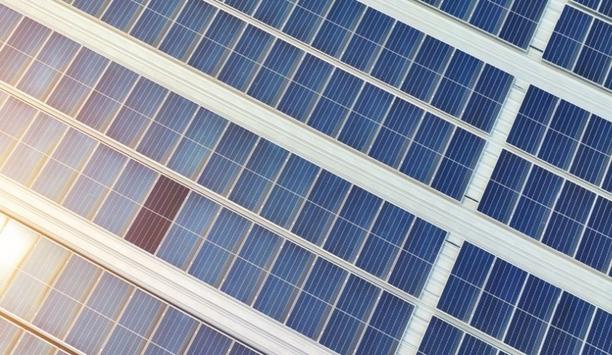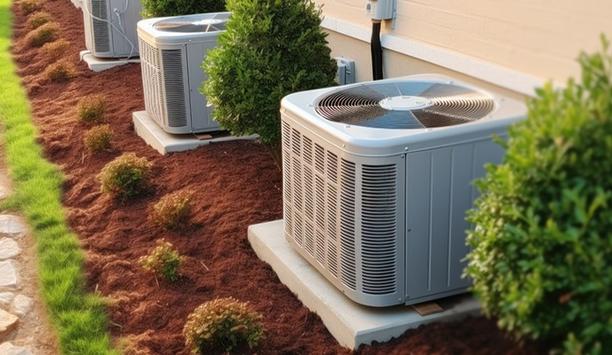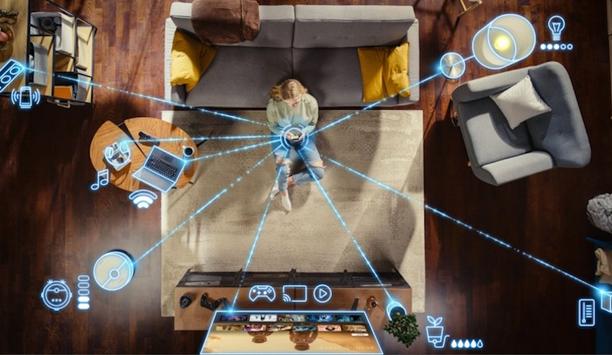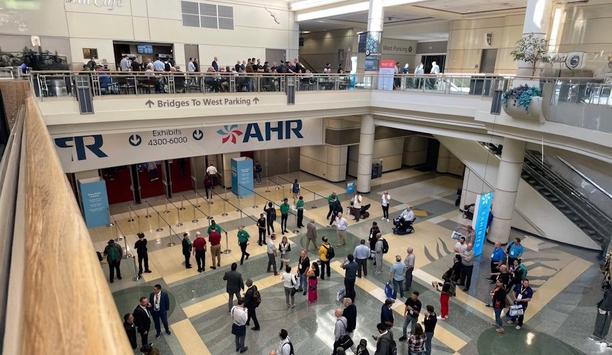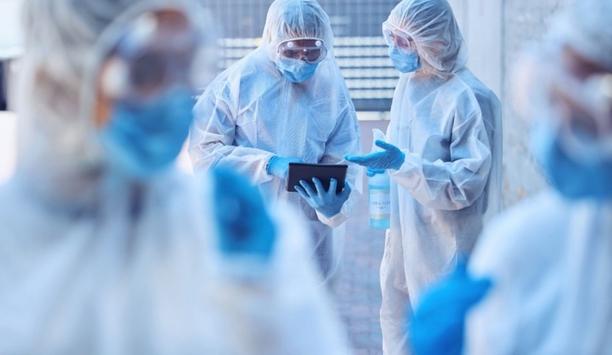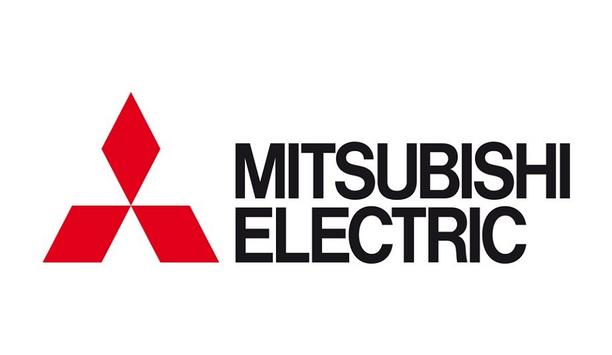Panasonic has conducted research that verifies that hydroxyl radicals contained in water can inhibit the novel coronavirus (SARS-CoV-2). The nano-sized electrostatic atomized water particles are generated by applying high voltage to moisture in the air. The patented technology - brand-named 'nanoe X' - is already used for air and surface purification in Panasonic’s air conditioning systems.
The research suggests that the technology might be useful in fighting the coronavirus that causes COVID-19 in addition to its use to inhibit odors, pollutants, allergens, and other viruses. The research was conducted in collaboration with Mayo Yasugi, Associate Professor, Department of Veterinary Science, Graduate School of Life and Environmental Sciences, Osaka Prefecture University.
Here is a clarification from Panasonic: "While Panasonic makes a wide range of products that generate these type of free radicals, none of these products has been tested for efficacy in the inhibition of the SARS-CoV-2 virus on surfaces or in the air. We continue to monitor the latest research and study the matter, and in the event that scientifically sound research shows our product/s to be effective in helping to inhibit this virus, we will work with the appropriate regulatory bodies to ensure all information is validated."
inhibit pathogenic microorganisms
Hydroxyl radicals contained in water are characterized by being strongly oxidative and highly reactive. Panasonic has conducted research on the technology since 1997 and has verified its effectiveness to inhibit pathogenic microorganisms (bacteria, fungi, viruses) and allergens, breaking down PM2.5 components that have adverse effects on the human body.
In 2012, Panasonic conducted a virus clearance test with a third-party organization and confirmed the effectiveness of each of four categories in terms of biological characteristic. Based on the result, Panasonic announced that “hydroxyl radicals contained in water” technology could be expected to have an inhibitory effect on new viruses.
evaluate product performance
The virus infectious titer was measured and used to calculate the inhibition rate
SARS-CoV-2 is an example of a new type of virus, and now testing (in July 2020) has confirmed that the hydroxyl radicals contained in water do in fact have an inhibitory effect, according to Panasonic. The testing was carried out in a closed laboratory environment and was not designed to assess efficacy in uncontrolled living spaces. The comparative verification was conducted in a 45L test space that contained the novel coronavirus with and without exposure to hydroxyl radicals contained in water.
Over 99% of novel coronavirus activity was inhibited within three hours. Panasonic emphasizes the verification was designed to generate basic research data and not designed to evaluate product performance. A piece of gauze inoculated with the virus solution was placed in a petri dish and exposed to hydroxyl radicals contained in water for a pre-determined time. The virus infectious titer was measured and used to calculate the inhibition rate.
creating healthy environments
The same test was performed three times to confirm reproducibility. The reactive components generated by “the electrostatic atomized water technology” are “wrapped and contained” in the water particle, so the substances have a longer life and are delivered to wider areas than usual ions.
Panasonic says it will continue to pursue the potential of “hydroxyl radicals contained in water” technology to address possible risks associated with air pollution such as new pathogenic microorganisms, with the aim of creating healthy environments for people around the world.




